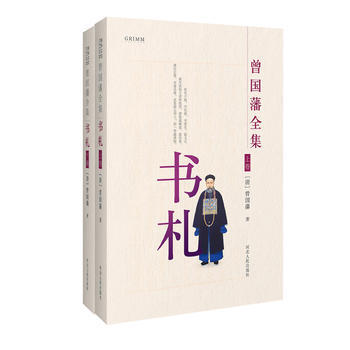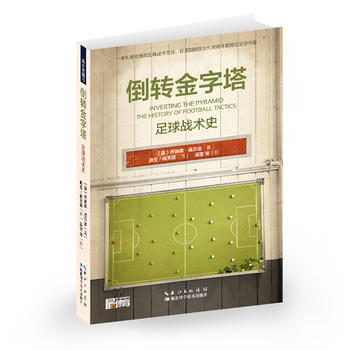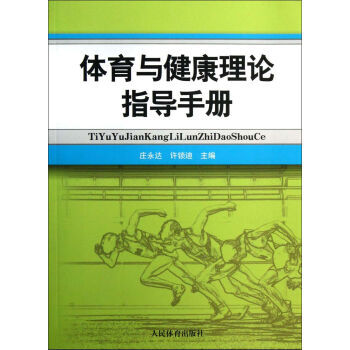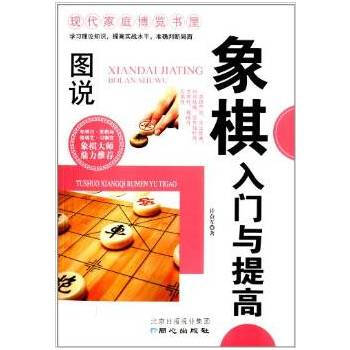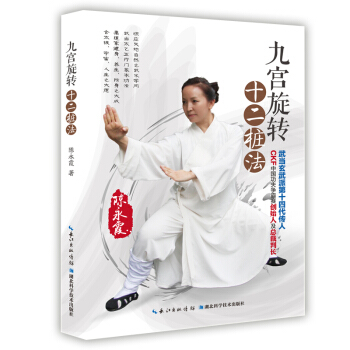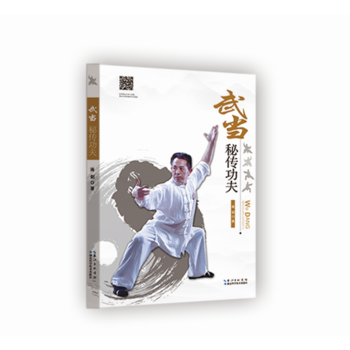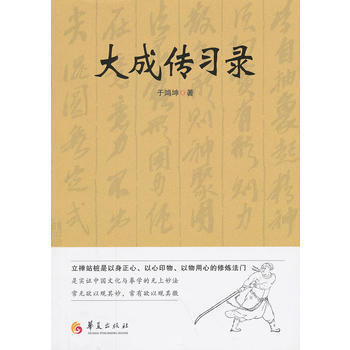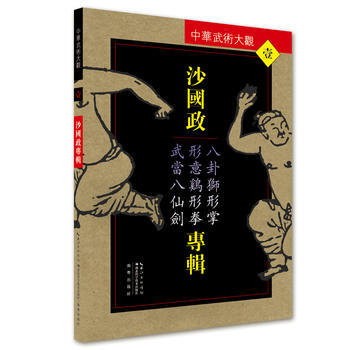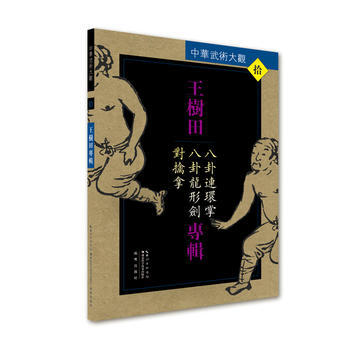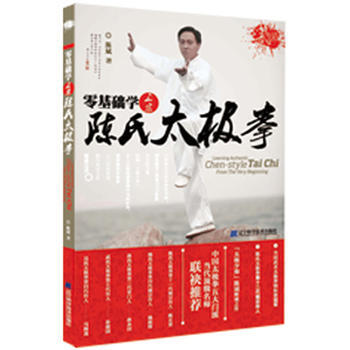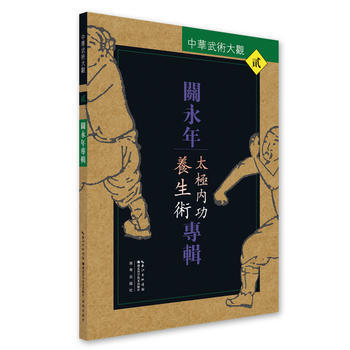具体描述
基本信息
书名:家书(共2册)/曾国藩全集
定价:110.00元
作者:曾国藩
出版社:河北人民出版社
出版日期:2016-09-01
ISBN:9787202111871
字数:
页码:
版次:1
装帧:平装-胶订
开本:16开
商品重量:0.4kg
编辑推荐
*正文辅以旁注:编者在书口用小字旁批,其内容不乏家书的正文提要、注释信文和警句格言,为读者在阅读时提供了便利。
*内容收录齐全:便于原汁原味理解曾国藩的思想
*删去了书信部分的译文:删繁就简,使读者更能从原文中体会曾国藩的情感
*内文排版古典雅致,简约清晰,增强阅读舒适感
内容提要
《家书》收录了曾国藩从道光30年至同治10年写给父母、兄弟、子女等的一千多封家书。家书涉及的内容极为广泛,从修身养性到洞察对手,从战胜绝境的胆略到培养与众不同的气质,从巧处人际关系到为官之道,从追求学识到养生经验,可谓应有尽有,而且见解深刻,读起来扣人心弦。是曾国藩一生的主要活动和其治政、治家、治学之道的生动反映。一部家书足以体现他的学识造诣和道德修养。
在中国历史上,能够以书生身份而克平乱世,戎马倥偬间亦为学不倦,并在事业和学问上都取得成功的人屈指可数,而曾国藩便是其中之一。他解太平军之危,救清廷与累卵之间;有家书传世,著书立说,一改桐城派的枯淡之弊。然而又有晚年对天津教案的处置不力。这一切使其文韬武略、传奇一生始终为人们评说纷纭,也使他成为近代史上颇具争议的人物。
曾国藩号称立功、立德、立言三不朽,其集中体现就是这套《曾国藩全集》。《曾国潘全集》由曾国藩的35位门人编校而成,收录了曾国藩一生主要的学问精华,包括奏稿、批牍、书札、文集、诗集、日记、杂著、十八家诗钞、经史百家杂钞、经史百家简编、鸣原堂论文、求阙斋读书录等,从不同的侧面反映了这位“千古*完人”修身、齐家、治国、平天下的智慧和实践,语言平实易懂,同时又蕴含着丰富的知识和人生心得。全集的编辑者在原文的基础之上,也进行了大量的加工和整理工作,力图将曾国藩的人格魅力地呈现出来,将曾国藩的学问传于后世。
目录
在京为官时期
道光二十年二月初九日与父母亲书
道光二十一年四月十七日与祖父书
道光二十一年五月十八日与父亲书
道光二十一年六月初七日与祖父书
道光二十一年六月二十九日与祖父书
道光二十一年八月十七日与父母书
道光二十一年九月十五日与父母书
道光二十一年十月十九日与父母书
道光二十一年十二月二十一日与父母书
道光二十二年正月初七日与父亲书
道光二十二年正月十八日与父母书
道光二十二年二月二十四日与父母书
道光二十二年三月十一日与父母书
道光二十二年四月二十七日与祖父母书
道光二十二年六月初十日与祖父母书
道光二十二年七月初四日与父母书
道光二十二年八月十二日与父母书
道光二十二年九月十七日与祖父母书
道光二十二年十月二十六日与父母书
道光二十二年十一月十七日与父母书
道光二十三年正月十七日与 父母书
道光二十三年三月二十三日与祖父母书
道光二十三年四月二十日与父母书
道光二十四年正月二十五日与父母书
道光二十四年三月初十日与国华国签
道光二十四年四月二十二日与诸弟书
道光二十四年五月十二日与诸弟书
道光二十四年六月二十三日与父母书
道光二十四年七月二十日与 文母书
.........
作者介绍
曾国藩(1811—1872),初名子城,字伯涵,号涤生,谥文正。晚清中兴名臣,湘军的创立者和高统帅,后世曾誉为“千古完人”,被梁启超称为立功、立德、立言三不朽。曾国藩1811年生于湖南长沙府湘乡(今娄底市县),1838年考中进士,从此开始了辉煌的仕途生涯,曾官至两江总督、直隶总督、武英殿大学士、一等毅勇侯,是清朝历史上汉族文人为官的高峰,谥号“文正”即为清朝文官的高谥号。曾国藩一生以创立湘军、开启中国近代洋务运动以及在识人用人方面的成就而为世人所熟知。
李鸿章(1823—1901年),晚清名臣,洋务运动的主要领导人之一,安徽合肥人,世人多尊称李中堂,亦称李合肥,本名章铜,字渐甫或子黻,号少荃(泉),晚年自号仪叟,别号省心,谥文忠。
作为淮军、北洋水师的创始人和统帅、洋务运动的、晚清重臣,官至直隶总督兼北洋通商大臣,授文华殿大学士,曾经代表清签订了《越南条约》《马关条约》《中法简明条约》等。日本首相伊藤博文视其为“大清帝国中有能耐可和世界列强一争长短之人”,慈禧太后视其为“再造玄黄之人”,著有《李文忠公全集》。与曾国藩、张之洞、左宗棠并称为“中兴四大名臣”,与俾斯麦、格兰特并称为“十九世纪世界三大伟人”。
李瀚章(1821-1899年),字筱泉,一作小泉,晚年自号钝叟,合肥市瑶海区磨店乡祠堂郢村人。其父李文安,曾官刑部郎中,与曾国藩为戊戌(道光十八年,1838年)同年。文安有六子,瀚章居长,鸿章居次,以下依次为鹤章、蕴章、凤章、昭庆。李瀚章于道光二十九年(1849年),以拔贡朝考出曾国藩门下,初为湖南知县。及曾国藩建湘军之初,即奏调瀚章至江西南昌综理粮秣。咸丰七年(1857年),曾国藩奔父丧回籍,李瀚章相继回合肥守制。后一年,曾国藩奉旨复出督师,仍召李瀚章回南昌总核粮台报销。瀚章遂偕其母、弟辈移家于南昌。官至两广总督。
文摘
序言
《家书:曾国藩的教子之道与治家智慧》 品读一代名臣的温情家国 在中国浩瀚的历史长河中, few figures possess the enduring impact and multifaceted legacy of Zeng Guofan. He was not only a brilliant statesman and military strategist who preserved the Qing dynasty during its most tumultuous period, but also a devoted husband and father, a meticulous scholar, and a profound thinker on governance and personal cultivation. While his public achievements have been extensively documented and debated, it is through his personal correspondence, particularly his extensive collection of 家书 (jiāshū), that we gain an unparalleled and intimate glimpse into the private world of this extraordinary man. This meticulously curated collection, presented in two volumes, transcends the boundaries of mere historical documents. It offers a living testament to Zeng Guofan’s deepest reflections, his unwavering principles, and his enduring affection for his family. More than just a record of daily life, these letters are a treasure trove of wisdom, providing invaluable insights into the art of raising children, the principles of ethical governance, the importance of self-discipline, and the cultivation of a virtuous character – lessons that remain remarkably relevant even centuries later. Volume One: 润物细无声的教子篇 (The Silent Nurturing of Children) The first volume of "家书" focuses primarily on Zeng Guofan's profound engagement with his sons’ upbringing and education. In an era where formal schooling was paramount, Zeng Guofan’s approach was remarkably nuanced and deeply personal. He understood that true education extended far beyond rote memorization and classical texts. It was about instilling moral fiber, fostering intellectual curiosity, and preparing his sons to navigate the complexities of life with integrity and purpose. Through his letters, we witness a father’s earnest anxieties and his unwavering commitment to his children’s development. He meticulously advises them on their studies, not just in terms of academic rigor, but in the cultivation of critical thinking and a genuine love for learning. He encourages them to engage with classical literature not as dry historical artifacts, but as living sources of wisdom that offer guidance for navigating ethical dilemmas and understanding human nature. He emphasizes the importance of observing the world around them, of learning from every encounter, and of constantly seeking self-improvement. Beyond academics, Zeng Guofan’s home education was deeply rooted in the principles of 修身 (xiūshēn) – self-cultivation. He repeatedly stresses the importance of humility, diligence, and perseverance. He shares anecdotes from his own life, illustrating the struggles and triumphs that shaped him, thereby imparting practical lessons on resilience and the virtue of hard work. He warns his sons against complacency, idleness, and the allure of superficial pleasures, consistently urging them to remain grounded and focused on their long-term growth. His correspondence also reveals a remarkable attentiveness to his sons’ emotional well-being and moral compass. He offers gentle corrections when necessary, but always with a tone of love and understanding. He encourages open communication, creating a space where his sons felt comfortable sharing their thoughts, fears, and aspirations. This intimate dialogue fosters a strong familial bond, built on mutual respect and a shared commitment to virtuous living. We see him guide them through the challenges of social interactions, the pressures of public life, and the inevitable setbacks that come with ambition. Furthermore, Zeng Guofan’s letters offer a window into his own struggles and reflections as a father. He admits his shortcomings, his moments of doubt, and his constant striving to be a better parent. This vulnerability makes his advice all the more relatable and impactful. He doesn't present himself as an infallible sage, but as a human being deeply invested in the success and happiness of his offspring. The “润物细无声” (rùn wù xì wú shēng) – like the gentle nurturing of things by dew – aptly describes his paternal philosophy, emphasizing the quiet, consistent, and deeply impactful nature of his guidance. Volume Two: 治家以德,治国以廉 (Governing the Household with Virtue, Governing the Nation with Integrity) The second volume expands our understanding by delving into Zeng Guofan’s broader philosophy of family management and his deeply held principles of governance, illuminated through his interactions with his sons and other family members. His approach to 治家 (zhìjiā) – managing the household – is not merely about practical administration; it is an extension of his core belief in the power of virtue and meticulous attention to detail. Zeng Guofan firmly believed that a well-ordered household was the foundation of a well-ordered society. His letters provide practical advice on financial management, emphasizing prudence, frugality, and the avoidance of extravagance. He advocates for a simple lifestyle, where resources are used wisely and waste is minimized. This economic sensibility was not born of stinginess, but from a deep understanding of the importance of financial stability and the dangers of unchecked consumption. More importantly, he instilled in his family the paramount importance of 德 (dé) – virtue. He constantly reminded them of the ethical obligations that came with their social standing, urging them to treat servants with fairness, to be charitable to the less fortunate, and to always uphold principles of honesty and integrity. He stressed the interconnectedness of individual morality and familial harmony, arguing that a virtuous family unit contributed to a more just and stable society. His discussions on governance, though often framed within the context of his public duties, are directly linked to his familial ethos. He frequently draws parallels between the principles of managing a large bureaucracy and the management of a household. Both, he argues, require clear communication, accountability, and a steadfast commitment to upright conduct. He emphasizes the importance of 廉 (lián) – integrity and incorruptibility – as the bedrock of any effective leadership. He decries corruption and self-serving behavior, urging his sons to always prioritize the public good over personal gain. The letters in the second volume also reveal Zeng Guofan’s pragmatic approach to leadership and his unwavering commitment to the welfare of the people. He discusses strategies for maintaining order, resolving conflicts, and fostering a sense of collective responsibility. His advice on military strategy and administrative reform, while often detailed and technical, is always underpinned by his moral compass, demonstrating that effective governance is inextricably linked to ethical conduct. Moreover, this volume offers a broader perspective on Zeng Guofan’s relationships within his extended family and his engagement with his contemporaries. It showcases his loyalty to his superiors, his strategic alliances, and his astute observations on the political landscape of his time. Yet, even in these public-facing discussions, his private values of diligence, integrity, and filial piety remain the guiding force. A Timeless Legacy of Wisdom "家书:曾国藩的教子之道与治家智慧" is far more than a historical collection; it is a profound exploration of human nature and a timeless guide to ethical living. Through the intimate and unvarnished words of Zeng Guofan, readers are invited to engage with a man of immense intellect and deep humanity. His teachings on discipline, perseverance, self-reflection, and the unwavering pursuit of virtue resonate powerfully with contemporary challenges. This two-volume set serves as an invaluable resource for scholars of Chinese history and philosophy, offering primary source material of unparalleled depth. For parents and educators, it provides practical and enduring wisdom on raising responsible and morally upright individuals. For leaders and aspiring leaders, it offers a blueprint for ethical governance and the cultivation of a virtuous public service. In an era often characterized by rapid change and shifting values, Zeng Guofan’s "家书" reminds us of the enduring strength of character, the importance of familial bonds, and the profound impact of living a life guided by integrity. It is a testament to the fact that true greatness lies not only in grand achievements but also in the quiet cultivation of oneself and the steadfast dedication to the well-being of those we hold dear. This collection invites us to listen to the echoes of a remarkable past, and to draw inspiration for shaping a more virtuous future.



